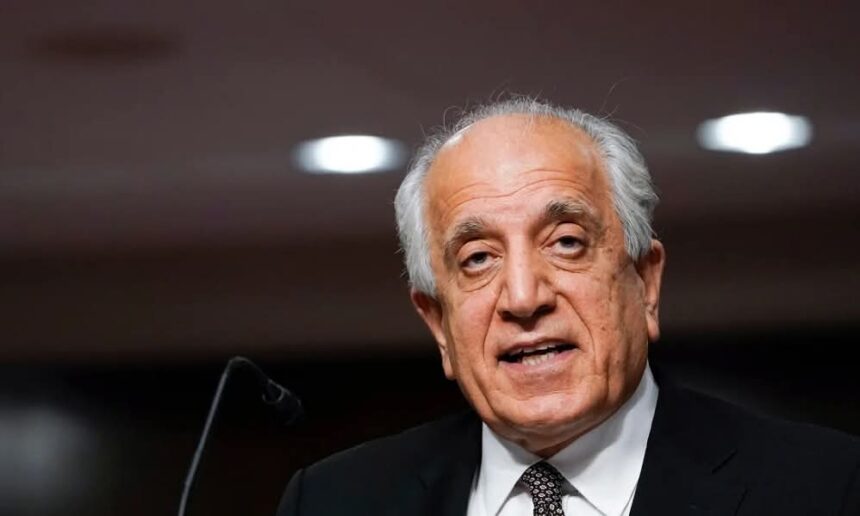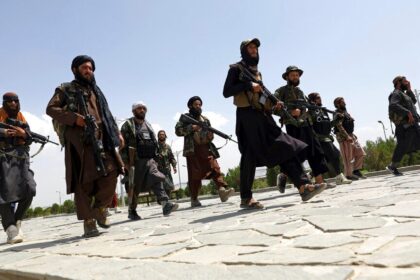RASC News Agency: Zalmay Khalilzad, the former United States Special Representative for Afghanistan Reconciliation, has sharply criticized the Islamic Republic of Iran for its ongoing mass expulsion of Afghanistani refugees. In a statement posted on the social platform X (formerly Twitter), Khalilzad described Iran’s current deportation campaign as “inappropriate, ill-timed, and dangerously uncoordinated.” He argued that the forced return of tens of thousands of vulnerable Afghanistani migrants under the current conditions not only defies logic but also lacks any practical planning or collaboration with relevant stakeholders. “Even if repatriation may be legally justifiable in some cases,” Khalilzad wrote, “this is neither the time nor the method. These deportations are being carried out hastily, without coordination, and with no regard for the humanitarian consequences.”
Khalilzad’s remarks implied a deeper indictment: the Taliban’s inability to govern or manage such a humanitarian burden, especially in the face of severe economic crisis, political repression, and growing regional instability. Without naming the Taliban directly, he highlighted the absence of any effective administrative framework capable of receiving and reintegrating returnees. He also invoked the longstanding cultural, historical, and linguistic ties between the people of Afghanistan and Iran, pointing out that millions of Afghanistani citizens have resided in Iran over the past five decades. In a carefully worded reference to past Iranian policies, he alluded to Tehran’s exploitation of Afghanistani refugees as military recruits in foreign conflicts, particularly the controversial deployment of the Fatemiyoun Brigade in the Syrian war.
Responding to vague accusations that some refugees may be collaborating with foreign intelligence services, Khalilzad questioned the rationale and morality of collective punishment. “How plausible is it that an impoverished Afghanistani migrant would have access to Iran’s highly sensitive military intelligence? Even if a handful of cases exist, they cannot justify this sweeping campaign against tens of thousands of innocent people,” he asserted. While acknowledging Iran’s sovereign right to manage its migration policies, Khalilzad emphasized that, as a long-time neighbor and host, Iran has both a moral obligation and regional responsibility to ensure that the return of Afghanistani refugees does not inflame a growing humanitarian crisis. He warned that deportations carried out in this manner without proper planning, legal review, or reintegration frameworks could worsen the instability engulfing Afghanistan and its neighbors.
His criticism echoes concerns raised by numerous human rights organizations and civil society actors, who have documented the harsh treatment, lack of shelter, and psychological trauma faced by returnees. Many of those expelled arrive in Afghanistan only to find themselves stranded in Taliban-controlled regions devoid of basic services, employment opportunities, or legal protections. Observers note that the deportation crisis has exposed not only the regional failure to address displacement with compassion and foresight but also the Taliban’s utter incapacity to govern a country in collapse. Since reclaiming power in 2021, the group has failed to establish even the most rudimentary infrastructure for economic recovery or human rights protection. The regime has instead prioritized ideological repression over social support, leaving returnees to face poverty, intimidation, and displacement once again.






